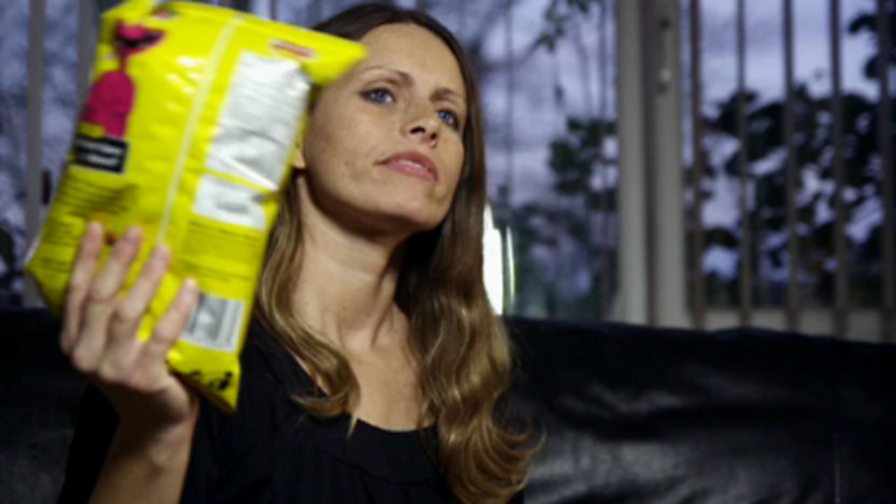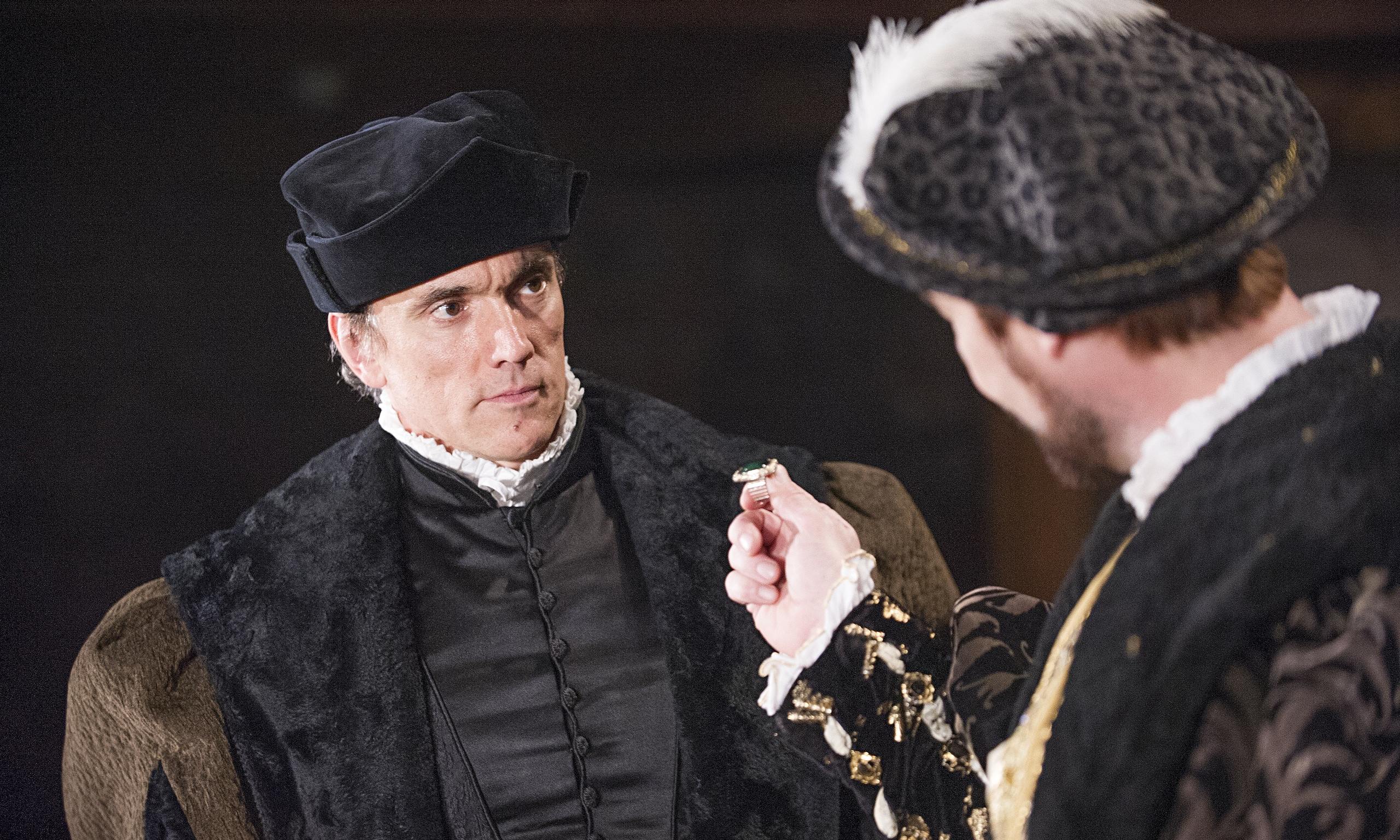
It was fascinating for fans, and the casual viewer would have gained an insight into the intricacies and idiosyncrasies of the creative process – as when she described Cromwell’s execution scene coming to her while shopping in Sainsbury’s (“I cried on the groceries”). “I was writing when I was 22 and published at 35,” she observed drily.Ī visit to a tannery provided an example of how Mantel uses research to get under the fingernails of Tudor England (Photo: BBC/Oxford Film and TV/George Miles)īut she was aware that she had gone from being a well-respected author to becoming a “publishing sensation”, and her desire to tell Cromwell’s final, tragic chapter was mixed with a sense of a long relationship coming to a close. Though she was clearly impatient at the patronising congratulations she received for achieving “so much success so late in life” when Wolf Hall and Bring Up The Bodies bagged a Booker Prize double while flying off the shelves.

She came across as intelligent, engaging and passionate about the power of the historical novelist to “join the dots” when the official records were silent, while still maintaining respect for the known facts. So the BBC landed a scoop with an exclusive documentary, Hilary Mantel: Return to Wolf Hall, on the author and her “Tudor Trilogy” timed to coincide with the week of its publication.įollowing the author in the six months leading up to publication, it covered her life and career, her research methods and – of course – her fascination with Thomas Cromwell, the working-class Londoner who became a royal enforcer and architect of the Protestant Reformation. To say that The Mirror and The Light has been an eagerly anticipated book is about as much of an understatement as, “life in Henry VIII’s court was a bit precarious”.

Hilary Mantel: Return to Wolf Hall, BBC2, 9pm ★★★★


 0 kommentar(er)
0 kommentar(er)
